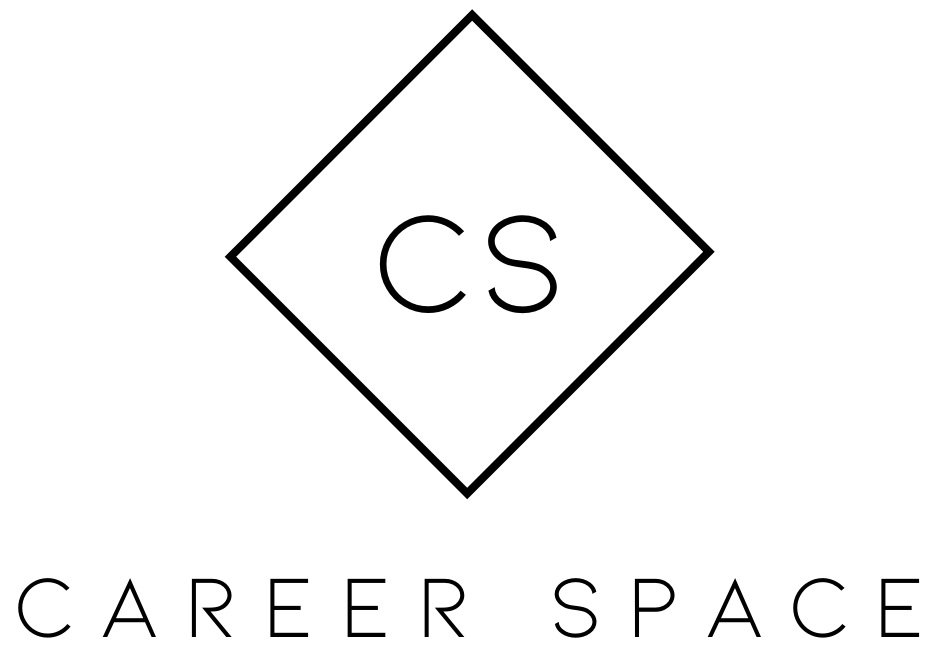Is Burnout Impacting You?
Burnout is an occupational phenomenon resulting from chronic workplace stress that has not been successfully managed. Research shows that burnout is predominantly caused by workplace factors. Burnout is not an individual shortcoming or failure.
As a Career Coach, my work includes supporting individuals specifically in relation to burnout prevention. Prevention and working to address the risk factors is hugely important, and working via 1:1 coaching provides this opportunity.
Burnout transcends age, gender, culture, and profession; no one is immune. The number of people globally in 2024 reporting to have suffered burnout was 38%, and concerningly, New Zealand’s rate is significantly higher than the global average. In a 2024 New Zealand survey by Employment Hero, 61% signalled that burnout had affected them within the past three months. The consequences of burnout are frightening with full recovery taking in some cases, years or never fully recovering. The Mayo Centre outlines the consequences of burnout as including; chronic fatigue, insomnia, heart disease, high blood pressure, and being susceptible to a heightened risk of many other illnesses.
So how do you know if you are suffering from burnout? The World Health Organisation defines this as the following symptoms all being present simultaneously:
Persistent feelings of energy depletion / feeling drained / exhaustion
Increased job disengagement and feelings of cynicism and detachment in relation to your job
Reduced professional efficacy presenting as feeling low confidence, increased self-doubt, and feeling increasingly ineffective and a sense of failure
The six risk factors listed by author of Beyond Burnout Suzi McAlpine, are:
Overwork (lack of an appropriately resourced role / organisation where demands exceed personal capacity)
Isolation & Environment (working in a toxic environment or in isolation)
Lack of reward or recognition ( including not feeling valued or appreciated)
Absence of fairness (such as pay, treatment, or promotion inequalities)
Values Conflict with the Organisation (working in a role or organisation that is misaligned with your personal values)
Lack of Control and Autonomy (such as feeling mirco-managed or under-valued)
Aside from the long-term adverse health impacts, without a strong foundation of wellbeing, a new career, job or almost anything, will likely feel unachievable and simply all too much.
Mental health advocate Sir John Kirwan speaks about the ‘Five (Preventative) B’s of Burnout’, these are:
Breathing (more conscious breathing or guided meditations to assist stress release - Insight Timer is an excellent and free app)
Boundaries (identifying limiting beliefs and self-talk, and more saying no)
Breaks (scheduling regular breaks in your day)
Body (make a daily health plan to look after yourself every single day)
Be Kind (kindness and compassion to yourself first and foremost. Ask yourself ‘what do I need in this moment’? ‘What will support and nourish me’?)
Commit today, to making the above prevention strategies a priority in your life. As a coach frequently working with individuals on the cusp of (and in some cases suffering) burnout, I encourage you to align your career and life to that which you know supports your health and sends a clear message: YOU matter.
